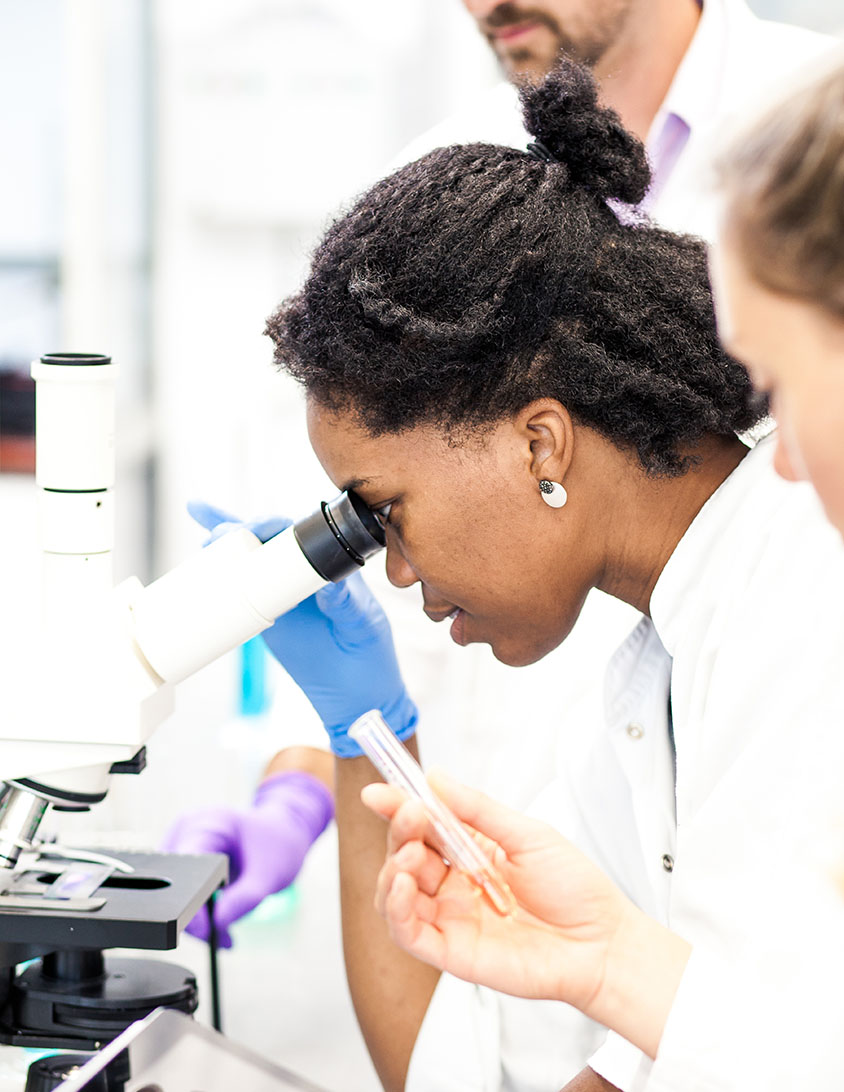Charcot-Marie-Tooth Disease (CMT)
Research
The ongoing hunt for CMT genes has given insights into treatments that might be used to stop or reverse the disorder.
As the CMT gene hunt continues, MDA-funded scientists are investigating how and why specific genetic mutations lead to different types of CMT. These insights are expected to lead to improved ability to predict the course of CMT in specific individuals and ultimately to treatments.
The current projects being pursued by MDA-supported CMT researchers include:
- Developing a genomic data infrastructure platform that will help to create an open CMT data resource
- Studying heat-shock protein B8 (HSPB8) mutations and their association to CMT
- Developing and evaluating new MRI protocols designed to detect changes in muscle over time for CMT patients
- Checking the efficiency of delivering the connexin 32 gene (Cx32) to a CMT1X mouse model using an adeno associated virus (AAV)
- Targeting phospholipid and cytoskeleton dynamics to ameliorate CMT neuropathies
- Studying metabolic support of axons through LKB1 signaling in Schwann cells
- Understanding better how mutations in the connexin 32 gene (Cx32) lead to CMT1X
For more information check our Grants at a Glance section for CMT. Clinical trials in CMT also are underway. Visit our clinical trial finder for more information.

